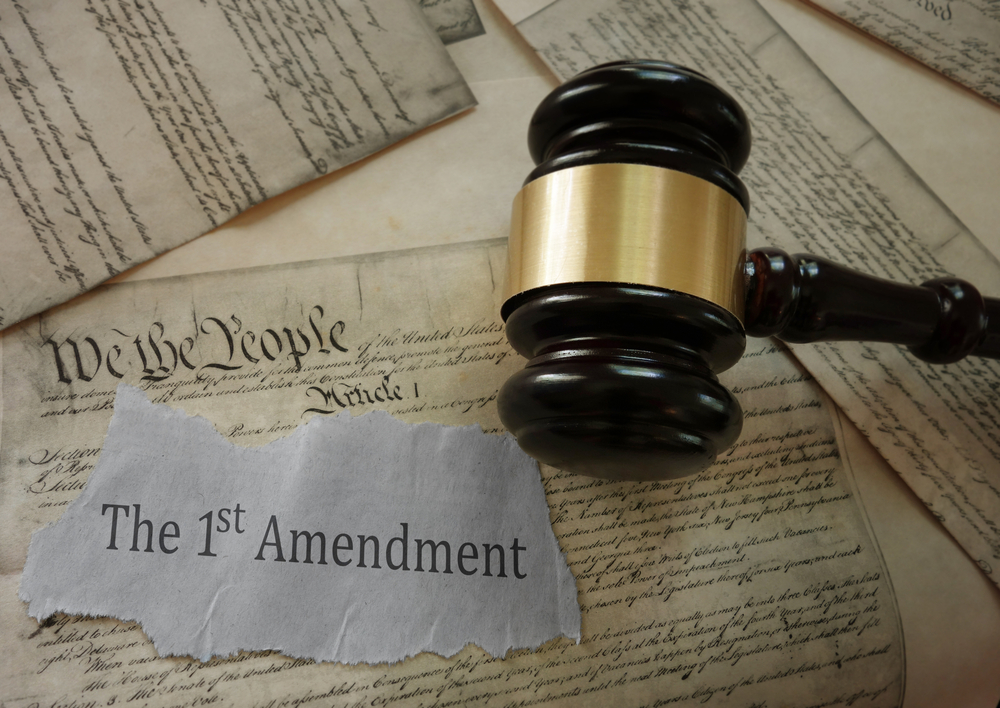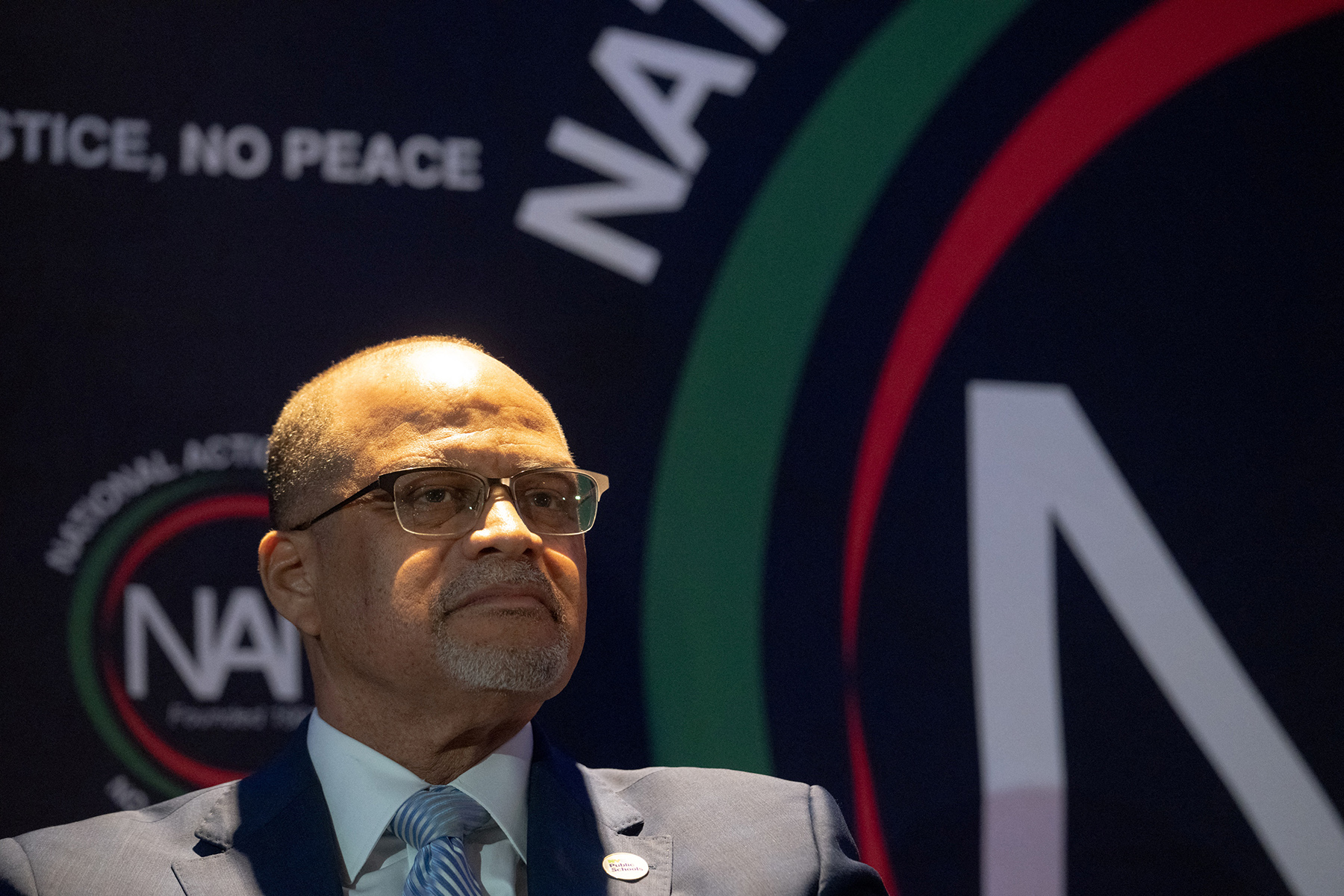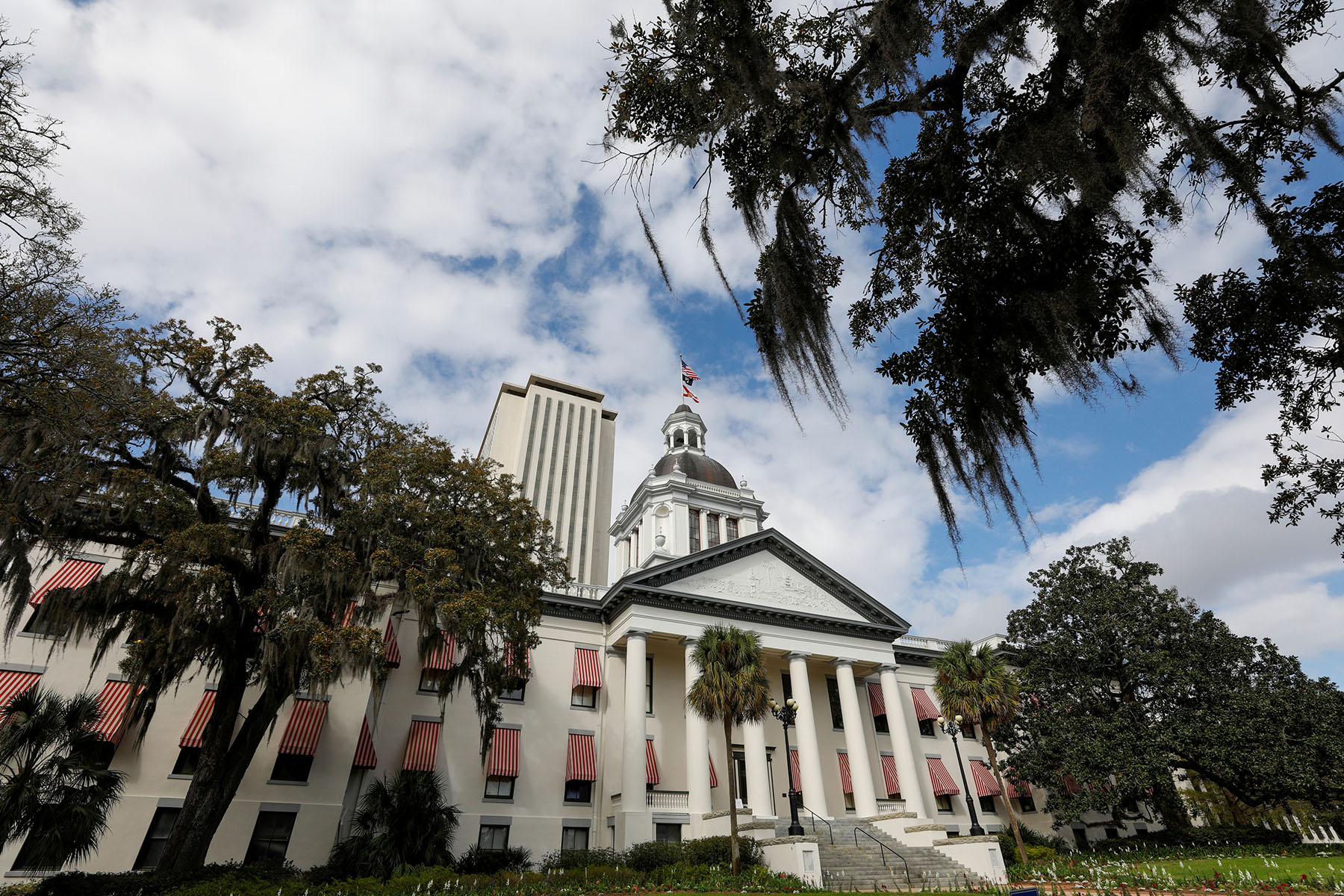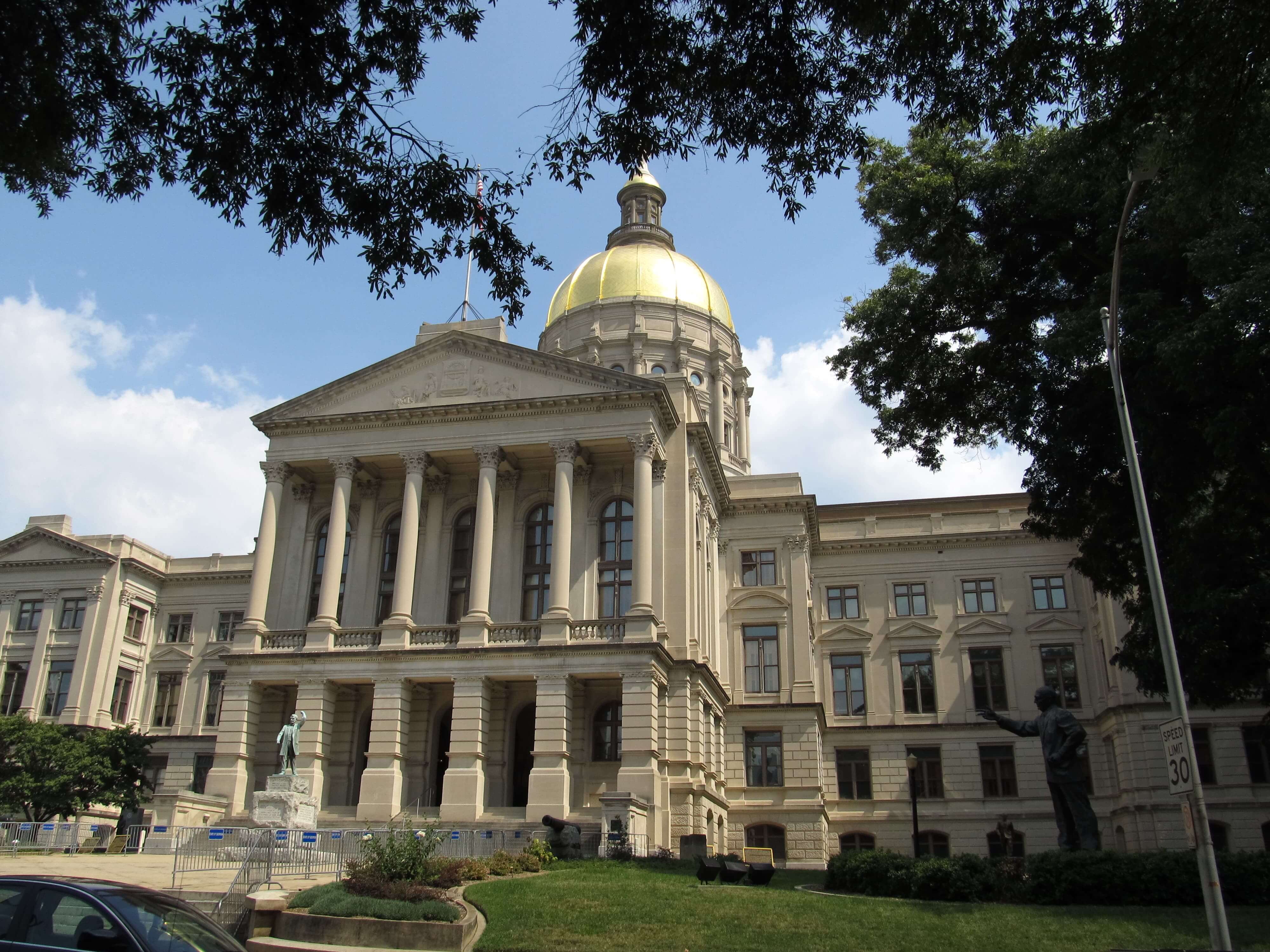A federal judge in Los Angeles threw out charges against three alleged white supremacists, saying that the First Amendment protected their speech.
Robert Rundo, Robert Boman, and Aaron Eason, members of the Rise Above Movement (RAM), had been charged with conspiracy to commit rioting under the Anti Riot Act of 1968. The trio allegedly used the Internet to coordinate combat training, travel to protests, and attacks on protestors at three gatherings in California.
District Court Judge Carmac J. Carney ruled that the federal Anti Riot Act, which was enacted during the civil rights movement and the Vietnam War, was too broad in regulating free speech.
“The Anti-Riot Act, however, does not just criminalize the behavior of those in the heat of a riot. It also criminalizes acts taken long before any crowd gathers, or acts that have only an attenuated connection to any riot, so long as the individual acts with the required purpose. No violence even need to occur. A defendant could be convicted for renting a car with a credit card, posting about a political rally on Facebook, or texting friends about when to meet up,” Carney wrote.
Although Carney considered the defendants’ behavior “reprehensible,” and did not condone RAM’s “hateful and toxic ideology,” he said that the government has “sufficient means at its disposal to prevent and punish such behavior without sacrificing the First Amendment.”
The decision comes at a time when law enforcement is grappling with how to deal with online hate speech in the wake of racially motivated mass shootings in Charleston, San Diego, and Pittsburgh.
Under the First Amendment, the government may not punish hateful speech solely on the basis of opposing the message it conveys or on speculation that it might eventually cause harm. The government can regulate hate speech only if it involves incitement to imminent lawless action, fighting words against an individual, true threats, or harassment.
Los Angeles Daily News Associated Press Dismissal of Charges
Tags




